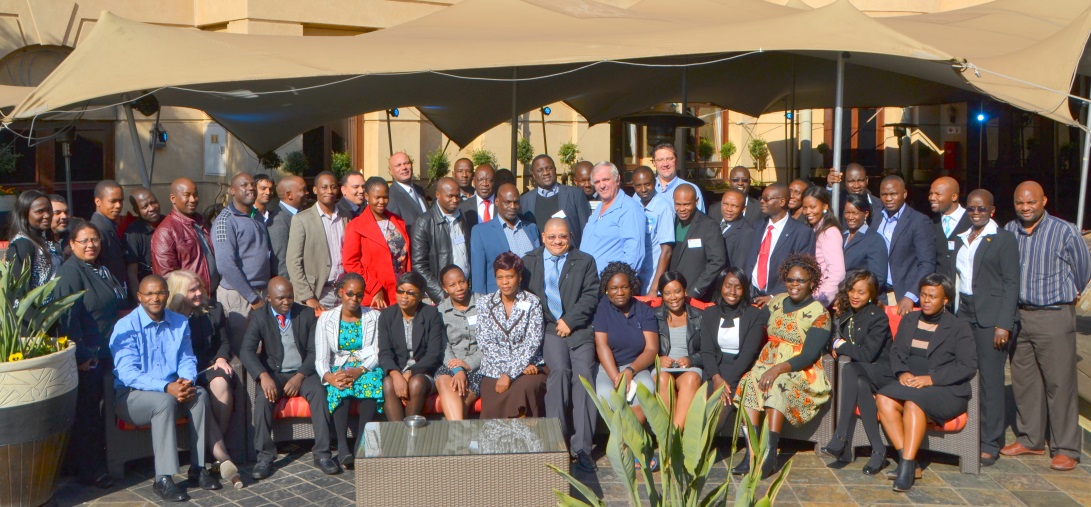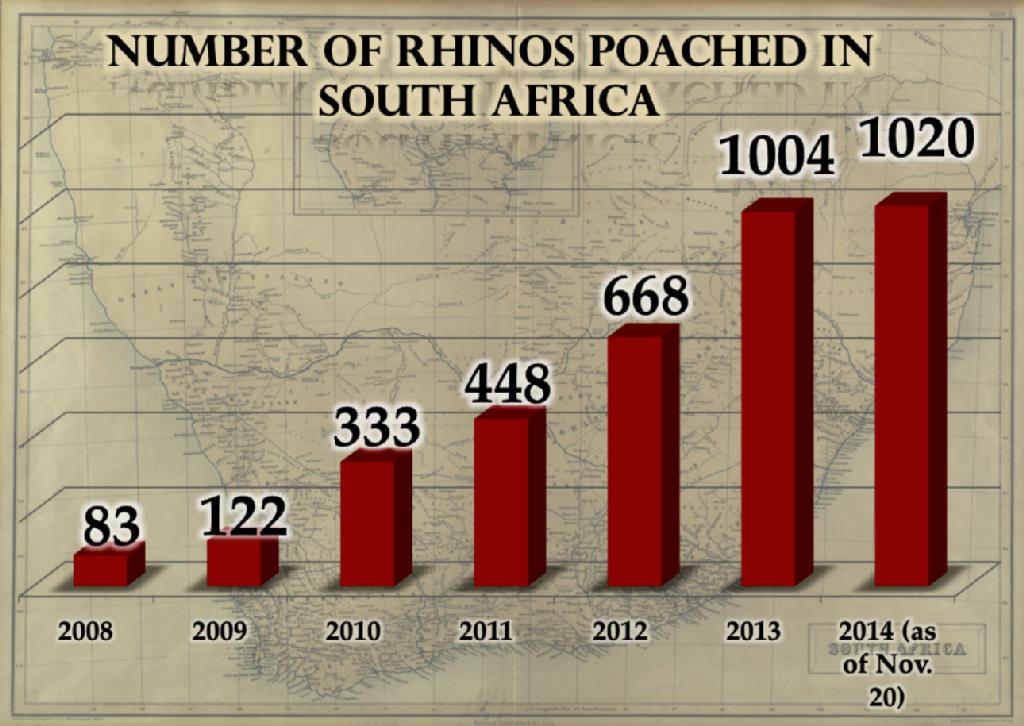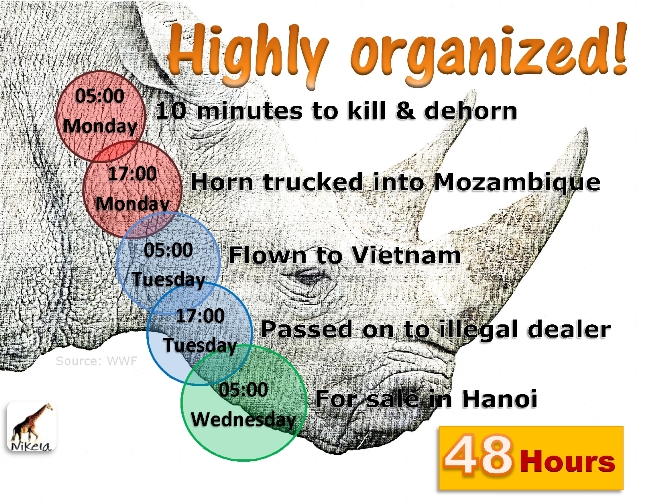ZAMBIA RECORDS CONVICTION UNDER THE FORFEITURE OF
PROCEEDS OF CRIME ACT:
Ex-Minister sentenced over K2million (USD
300,000)
 The
Supreme Court on Tuesday 2nd June, 2015 upheld the two-year jail
sentence with hard labour imposed on former minister of labour and social
security Austin Liato by the Lusaka Magistrate's Court for possession of K2.1
million reasonably suspected to be proceeds of crime.
The
Supreme Court on Tuesday 2nd June, 2015 upheld the two-year jail
sentence with hard labour imposed on former minister of labour and social
security Austin Liato by the Lusaka Magistrate's Court for possession of K2.1
million reasonably suspected to be proceeds of crime.
Supreme
Court judge Mumba Malila sitting in Ndola sentenced Mr Liato to 24 months imprisonment
with hard labour for possession of property reasonably suspected to be proceeds
of crime. Mr Justice Malila further ordered that Liato's farm number
L/Mpamba/44 in Mwembeshi area, and the K2.1 million which was in his possession
be forfeited to the State.
Liato
was on 23rd July, 2013 convicted and sentenced to 24 monthsimprisonment with hard labour by the Lusaka
Magistrate's Court, which also ordered that his farm and the money, which he
had buried on the property, be forfeited to the State but the sentence was
later quashed by the Lusaka High Court.
The
State appealed to the Supreme Court on the grounds that the High Court erred in
law when it held that to prove reasonable suspicion under section 71 of the
Forfeiture of Proceeds of Crime Act No. 19 of 2010 (FPCA), the prosecution had
to link between the source of money or the accused to possible criminal conduct
among other grounds of appeal.
In
his judgement, Mr Justice Malila stated that: '' The money was buried
underground in a chalet at the convict's farm and the top was sealed with
concrete. This raises a lot of questions on whether the money was gotten
legitimately. This court holds the view, therefore that the money was
ill-gotten as no one would conceal money the way the convict did even if one
had lost faith in the banking system in the country''.
The
High court judgement was therefore, set aside and uphold that of the lower
court. Mr Liato was charged with possession of property suspected to be
proceeds of crime contrary to section 71(1) Act number 19 of 2010 of the laws
of Zambia.
In
November, 2011 in Lusaka the Government Joint Investigations Team (GJIT)
comprising the Drug Enforcement Commission (DEC) the Anti Corruption Commission
(ACC) and the Zambia Police (ZP) arrested and charged Liato for being in
possession of K2.1 million which was reasonably suspected to be Proceeds of
crime. Liato served as Minister in the MMD Government which lost power to the
current Government in September, 2011.
The
judgement is a landmark achievement and sets a precedence in the fight against
fraud, corruption and money laundering in my country.
About the FPCA
The FPCA was enacted by the Parliament of
Zambia on 16th April, 2010. Proceeds of crime according to the Act,
in relation to a serious offence or a foreign serious offence, means property
or benefit that is -
a)wholly
or partly derived or realised directly or indirectly, by any person from the
commission of a serious offence or a foreign serious offence;
b)wholly
or partly derived or realised from a disposal or other dealing with proceeds of
a serious offence or a foreign serious offence;
c)wholly
or partly acquired proceeds of a serious offence or a foreign serious offence;
and includes, on a proportional basis, property into which any property derived
or realised directly from the serious offence or foreign serious offence is
later converted, transformed or intermingled, and any income, capital or other
economic gains derived or realised from the property at any time after the
offence; or any property that is derived or realised, directly or indirectly,
by any person from any act or omission that occurred outside Zambia and would,
if the act or omission had occurred in Zambia, have constituted a serious
offence.
Section 71 (1) Act 19of
2010
71. (1) A person who, after the commencement
of this Act, receives, possesses, conceals, disposes of or brings into Zambia
any money, or other property, that may reasonably be suspected of being
proceeds of crime commits an offence and is liable upon conviction to--
a)if
the offender is a natural person, imprisonment for a period not exceeding five
years; or
b)if
the offender is a body corporate, a fine not exceeding seven hundred thousand
penalty units.
(2)It
is a defence under this section, if a person satisfies the court that
the person had no reasonable grounds for suspecting that the property referred
to in the charge was derived or realised, directly or indirectly, from any
unlawful activity.
(3)The offence under subsection (1) is not
predicated on proof of the commission
of a serious offence or foreign serious offence.
SOURCE:
THE ZAMBIA DAILY MAIL
THE FORFEITURE OF PROCEEDS
OF CRIME ACT 19 OF 2010
 The objective of the training was
to build capacity of law enforcement officers, prosecutors and financial
investigators in the asset forfeiture units of the ARINSA member states. The
objective was achieved through presentations, practical demonstrations, exercises
and plenary discussions.
The objective of the training was
to build capacity of law enforcement officers, prosecutors and financial
investigators in the asset forfeiture units of the ARINSA member states. The
objective was achieved through presentations, practical demonstrations, exercises
and plenary discussions. 


 The
Supreme Court on Tuesday 2nd June, 2015 upheld the two-year jail
sentence with hard labour imposed on former minister of labour and social
security Austin Liato by the Lusaka Magistrate's Court for possession of K2.1
million reasonably suspected to be proceeds of crime.
The
Supreme Court on Tuesday 2nd June, 2015 upheld the two-year jail
sentence with hard labour imposed on former minister of labour and social
security Austin Liato by the Lusaka Magistrate's Court for possession of K2.1
million reasonably suspected to be proceeds of crime. 18 June 2015 - The
18 June 2015 - The